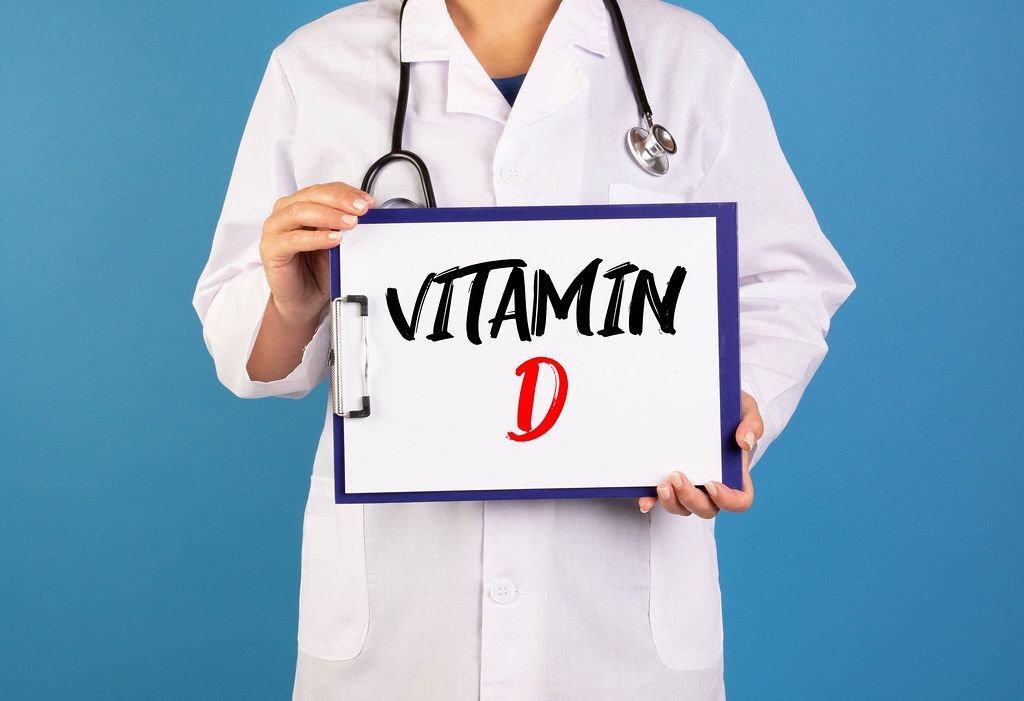Sunshine Vitamin: Unraveling the Latest Headline on Healthy Food Including Vitamin D3
Introduction
In today's fast-paced world, a healthy diet has become more
important than ever. As we strive to optimize our well-being, the latest headline
on healthy food, including Vitamin D3, has captured the attention of health
enthusiasts and experts alike. Vitamin D3, commonly known as the "sunshine vitamin," plays a vital role in our overall health. This article delves
into the comprehensive world of healthy food choices with a particular emphasis
on the significance of Vitamin D3. Let's embark on a journey to explore the
insights, benefits, sources, and guidelines for incorporating this essential
nutrient into our lives.
The Significance of Vitamin D3
Vitamin D3, a fat-soluble vitamin, is crucial for various
bodily functions. Its role extends beyond bone health, as it influences our
immune system, cardiovascular health, and even mental well-being. The latest
research reveals the significance of Vitamin D3 in preventing chronic diseases
and maintaining optimal health.
Understanding the Benefits of Vitamin D3
Vitamin D3 offers an array of benefits, making it a star
player in the realm of healthy living. Some of the key advantages include:
- Stronger
Bones: Vitamin D3 aids in the absorption of calcium, promoting bone
strength and reducing the risk of fractures.
- Boosted
Immunity: This vitamin supports the immune system, helping the body
fend off infections and illnesses.
- Cardiovascular
Health: Studies suggest that Vitamin D3 may have a positive impact on
heart health, reducing the risk of cardiovascular diseases.
- Mood
Enhancement: Adequate levels of Vitamin D3 have been linked to
improved mood and reduced risk of depression.
- Cancer
Prevention: Emerging research indicates that Vitamin D3 may play a
role in reducing the risk of certain cancers.
Best Sources of Vitamin D3
Now that we understand the significance and benefits of
Vitamin D3, it's essential to explore the best sources from which to obtain
this vital nutrient. Here are some natural sources to consider:
- Sunlight:
The most natural way to get Vitamin D3 is through sun exposure. Spending
time outdoors, especially during sunny days, can help the body synthesize
this vitamin.
- Fatty
Fish: Salmon, mackerel, and tuna are excellent sources of Vitamin D3.
- Egg
Yolks: Egg yolks contain a moderate amount of Vitamin D3 and are a
versatile addition to various dishes.
- Fortified
Foods: Certain foods, such as fortified milk and cereals, are enriched
with Vitamin D3 to ensure adequate intake.
- Supplements:
In cases where natural sources are limited, Vitamin D3 supplements can be
considered under medical guidance.
Expert Insights on Vitamin D3 Intake
Achieving the right balance of Vitamin D3 intake is essential
for reaping its benefits fully. To provide expert insights, we consulted
renowned nutritionists and healthcare professionals. According to Dr. Emily
Smith, a registered dietitian, "A daily intake of 600-800 IU of Vitamin D3
is generally recommended for most adults, but individual needs may vary."
Dr. Smith emphasizes the significance of combining natural sources and
supplements to maintain optimal levels.
Guidelines for Incorporating Vitamin D3 into Your Diet
To optimize your Vitamin D3 intake, here are some practical
guidelines to follow:
- Sun
Exposure: Aim for 10-30 minutes of sun exposure on your face, arms,
and legs at least twice a week.
- Balanced
Diet: Incorporate Vitamin D3-rich foods into your meals, including
fatty fish, egg yolks, and fortified products.
- Supplements:
If you struggle to get enough Vitamin D3 from natural sources, consider
consulting a healthcare professional for appropriate supplement
recommendations.
- Regular
Testing: Get your Vitamin D levels checked periodically to ensure you
maintain an optimal range.
Frequently Asked Questions (FAQs)
- Q:
What is the significance of Vitamin D3? A: Vitamin D3 is essential for
bone health, immune system support, cardiovascular health, mood
enhancement, and potentially reducing the risk of certain cancers.
- Q:
How can I get enough Vitamin D3 from sunlight? A: Aim for short
periods of sun exposure on your face, arms, and legs without sunscreen
during peak sun hours.
- Q:
Can I get enough Vitamin D3 from my diet alone? A: While some foods
contain Vitamin D3, it may be challenging to get sufficient amounts from
the diet alone. Consider sunlight exposure and supplements.
- Q:
Can Vitamin D3 supplements cause toxicity? A: When taken as directed,
Vitamin D3 supplements are safe for most individuals. However, excessive
doses can lead to toxicity, so consult a healthcare professional for
proper guidance.
- Q:
Is Vitamin D3 deficiency common? A: Vitamin D3 deficiency is
prevalent, especially in regions with limited sunlight or among
individuals with specific health conditions.
- Q:
Can Vitamin D3 prevent COVID-19? A: While Vitamin D3 plays a role in
immune function, there is no definitive evidence that it prevents
COVID-19. It's essential to follow recommended guidelines for protection.
Conclusion
The latest headline on healthy food, with a focus on Vitamin
D3, emphasizes the importance of a balanced diet for overall well-being.
Vitamin D3 offers numerous benefits, ranging from improved bone health to
boosted immunity and enhanced mood. By incorporating natural sources and, if
necessary, supplements, you can maintain optimal Vitamin D3 levels. Remember to
consult healthcare professionals for personalized advice and regular testing.
Embrace the power of Vitamin D3 and embark on a journey toward a healthier and
happier you.
















.png)
0 Comments